Automotive products: Market overview, data sources, and regional leaders
The automotive products market, spanning car and motorcycle parts, accessories, consumables, tools, and tires, is vast, resilient, and increasingly digital-first.
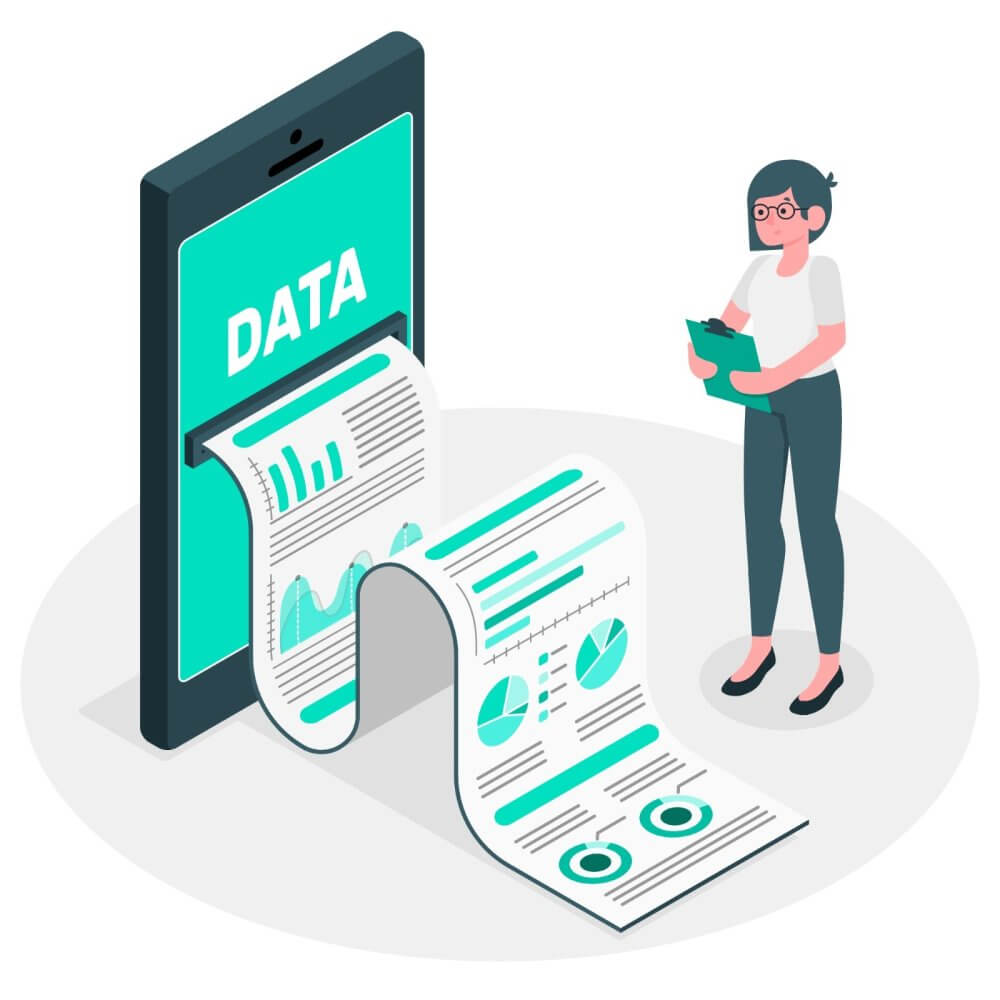
In today’s competitive digital marketplace, businesses must be agile, strategic, and deeply informed. Enter the world of the data scraping service: a powerful enabler of smarter pricing, more effective product planning, and SEO-driven growth. Whether you’re a small ecommerce startup or a large enterprise, leveraging web-based intelligence in your business strategy can revolutionize how you compete and win.
At SSA Group, we recognized early on that adopting web scraping for business strategy is no longer optional. It’s essential. In this article, we’ll explore how a robust data scraping service can support dynamic pricing intelligence, competitor product tracking, SEO strategy with scraped data, ecommerce scraping solutions, and product catalog scraping. Each section dives deep into practical applications, benefits, and considerations, helping you harness the full power of scraped data.
Dynamic pricing—changing prices in real time based on market conditions—is no longer a novelty. It’s a necessity. But to implement it effectively, you need granular visibility into competitor pricing, inventory changes, demand spikes, and promotional trends. A data scraping service delivers exactly that.
Table: Key data points for dynamic pricing
| Data Point | Scraped From | Pricing Decision Use Case |
| Competitor price & discounts | Competitor ecommerce sites | Undercut or match current pricing |
| Stock levels | Online storefronts | Surge price when competitors run low |
| Promo timing | Daily deal sites | Align your campaigns with industry-wide sales windows |
| Customer sentiment | Review & forum platforms | Increase price when demand sentiment is positive |
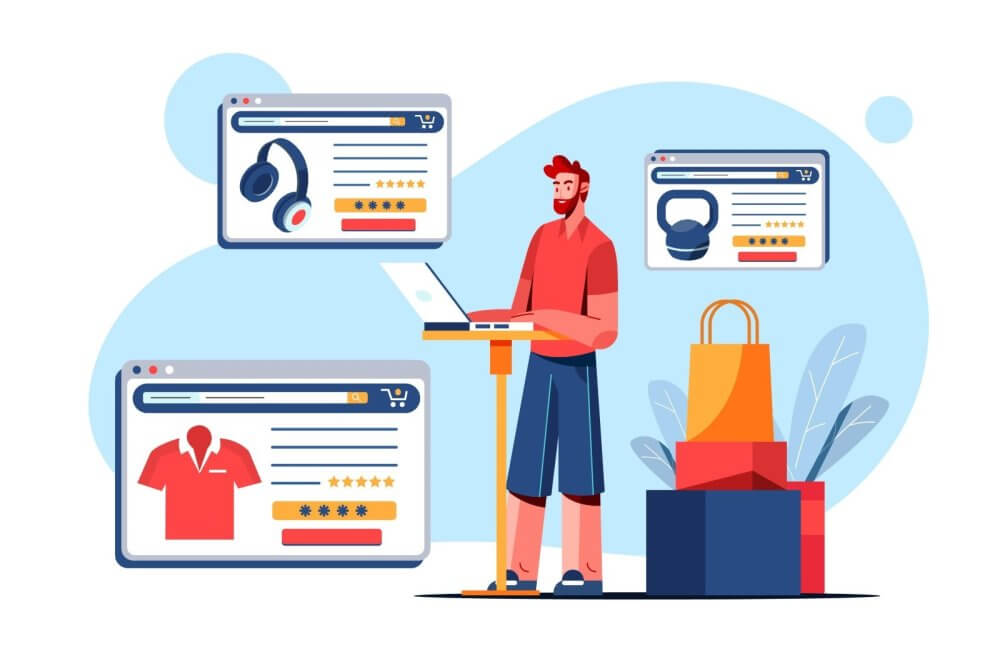
If you ignore what competitors are launching, updating, or discounting, you’ll fall behind. A data scraping service helps with ongoing competitor product tracking, letting you stay ahead.
Key benefits include:
SEO isn’t just about on‑page optimization. It’s also about understanding how your competitors rank, what content drives traffic, and what queries users are searching. A data scraping service fuels your SEO strategy with scraped data in the following ways:
By applying these insights through web scraping for business strategy, you gain a clear competitive edge. You’re not just optimizing content based on theory; you’re optimizing with a dynamic feedback loop driven by scraped data.
Online storefronts live or die by product data. The more accurate and comprehensive your catalog, the better your listings, ads, and customer experience. Here’s how ecommerce scraping solutions help:
A business that adopted a data scraping service saw product listing conversions increase by 24% after enriching descriptions with missing specs and pulling negative review themes to proactively address in FAQs and bullets. That’s real-world ROI powered by structured ecommerce scraping.
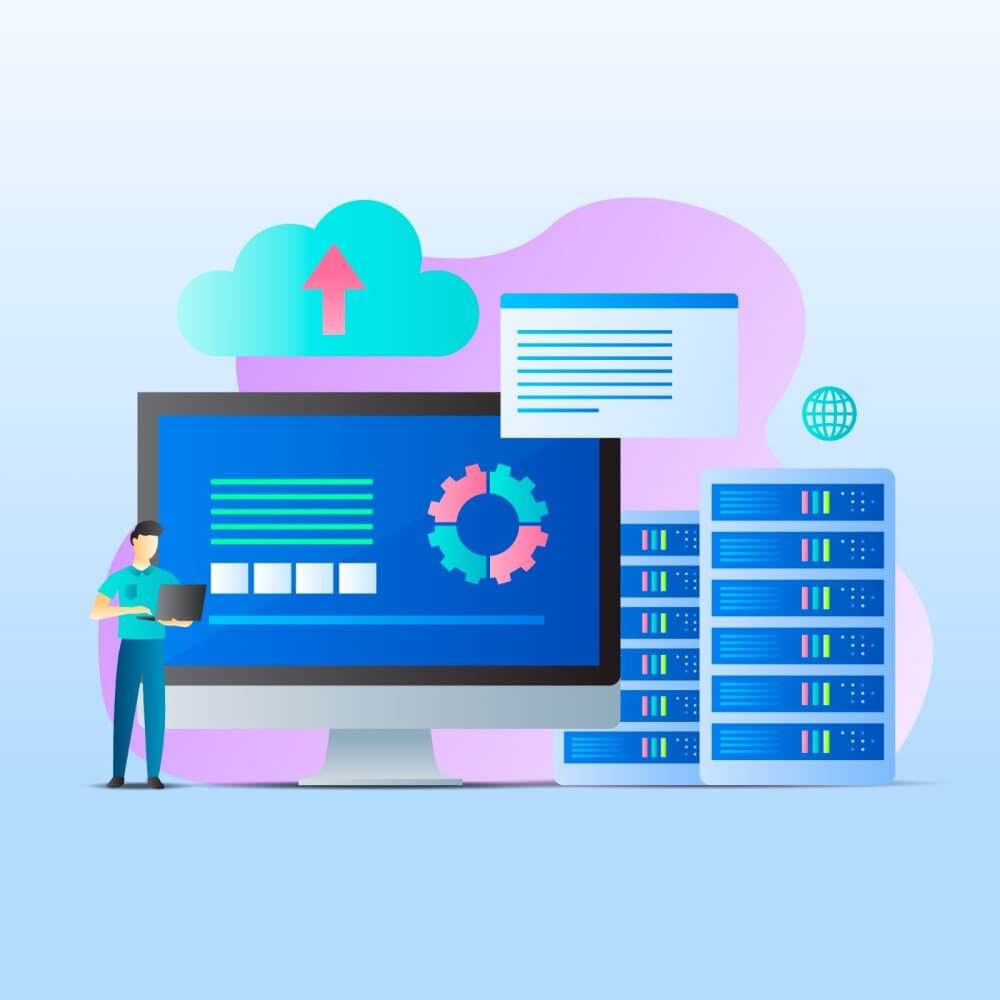
Whether you’re aggregating listings from multiple vendors or importing your own data, product catalog scraping ensures consistency, freshness, and completeness.
Core advantages:
When you commit to a data scraping service, ethical and compliant execution is critical. Here’s how to maintain trust, transparency, and credibility:
A well-implemented data scraping service is more than a nice-to-have—it’s a strategic imperative. From dynamic pricing intelligence and competitor product tracking to SEO strategy with scraped data, ecommerce scraping solutions, and product catalog scraping, the potential gains are vast. Yet success lies in ethical practices, quality control, and clear action frameworks.
At the end of the day, scraping data without direction is noise. What matters is turning that data into insight, and insight into intelligent, competitive action. As businesses scale and online markets intensify, the firms that embed web scraping for business strategy into their DNA will emerge as leaders.
1. What is a data scraping service, and how does it differ from web crawling?
A data scraping service specifically focuses on extracting structured information, like product details or pricing, whereas web crawling is a broader process of scanning URLs. Scraping services tailor output for business use cases.
2. Is it legal to use scraped data for pricing and SEO?
Yes, provided you only access publicly available pages, respect robots.txt, avoid personal data, and don’t bypass site protections. Ethical use is key to compliance.
3. How often should I scrape competitor pricing data?
It depends on market volatility. For fast-moving categories (e.g., electronics), hourly may be ideal. For slower products (e.g., furniture), daily or weekly data might suffice. Choose a frequency aligned with your pricing strategy.
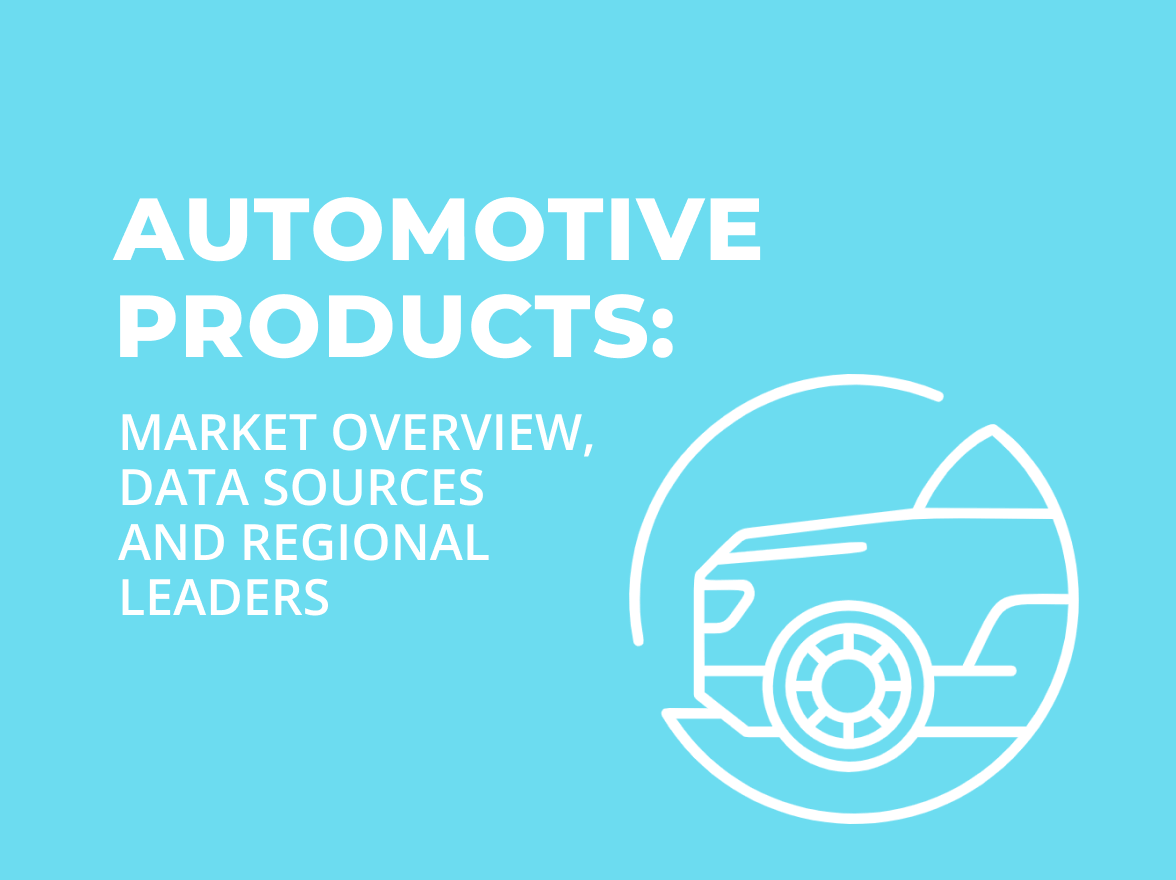
The automotive products market, spanning car and motorcycle parts, accessories, consumables, tools, and tires, is vast, resilient, and increasingly digital-first.
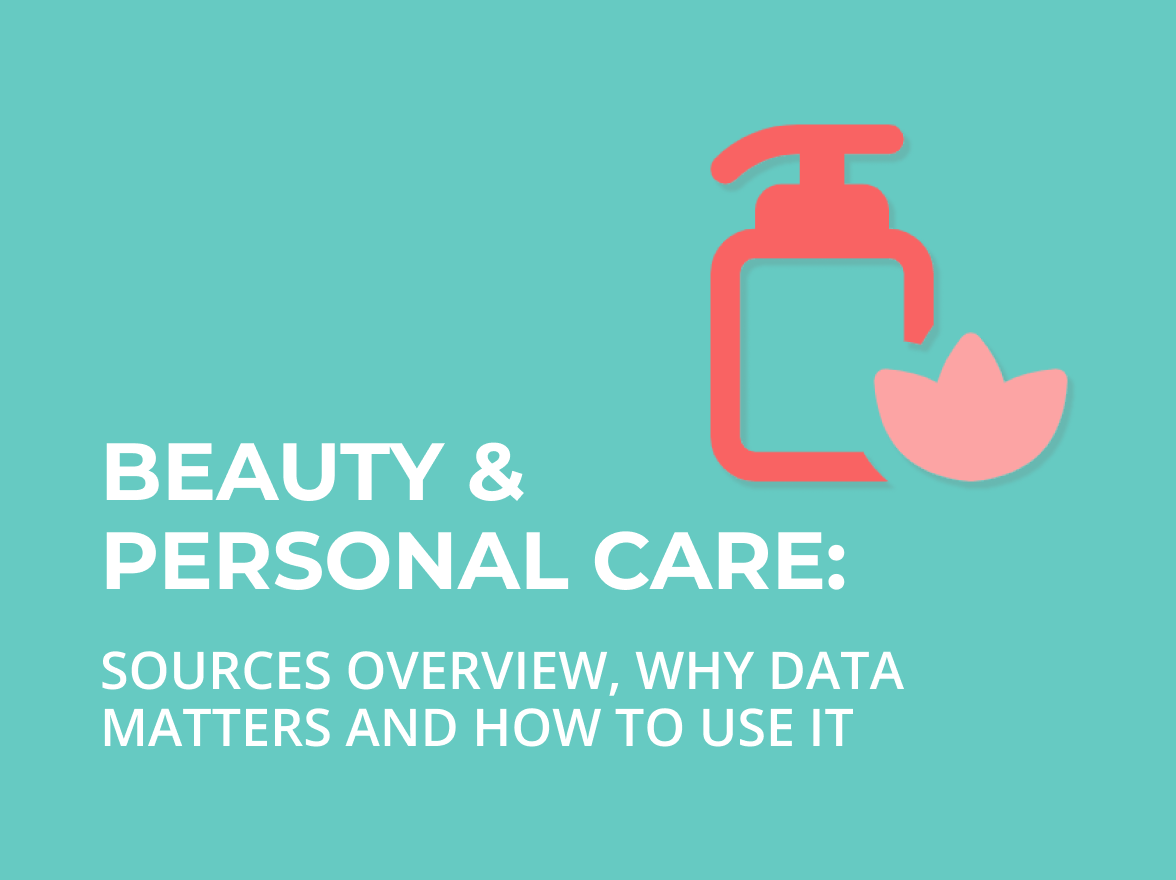
The Beauty & Personal Care market is rapidly evolving — fragmented across private-label drugstores, prestige specialists, and fast-scaling e-commerce platforms.
you're currently offline